Investing in youth sports
The Portuguese government is committed to investing in young athletes and in sport to put Portugal at the top of the podia of international sporting events.
This was the message from João Paulo Correia, the Secretary of State for Youth and Sport who outlined the main achievements of his term in office, which he said had been “positive because we have met all of our goals that we had put forward” he said at a lunch organised by the International Club of Portugal (ICPT) on Wednesday.
In his talk on ‘Youth and Sport 2030’ João Paulo Correia said the Government’s policy would continue to be “high efficiency” in sport, broadening support in higher education, and supporting sport for citizens with disabilities, and getting more young people in schools to take part in physical activities and get involved with sports federations.
Part of this drive to encourage young talent to train and prepare for International events in a wide range of sports is the creation of High Performance Sports Auxiliary Units (UAAREs) in Portugal’s primary and secondary schools.
These UAAREs aim to foster an effective articulation between school clusters, parents, sports federations and their agents and municipalities, as well as other interested parties, with the goal of successfully reconciling school and sports practice for talented sports-oriented pupils in primary and secondary education, bringing them up to a high performance status level and fostering links and encouraging participation in national teams.
“We want to continue to invest in preparing our young sportsmen and women for international events, and continue to encourage participation in these events, adding to the record numbers we’ve seen competing in sporting events which is good for tourism, and for these high performance centres, our teams, our federations and sportsmen and sportswomen,” he said.
“We had many high performance sportspersons, some of them very young, who are in school, who have to choose an academic career and have to attend classes and take exams, but ended up by opting out of sport.
“By investing in extending the network of UAAREs we’re getting more young sportspeople on our programme who can balance their academic life with their high performance sports life. The result is that there are now more who are not dropping out, and this is why Portugal in recent months has seen a lot of young people winning International competitions in various sports, even in some that Portugal doesn’t have a tradition of winning at an international level”, he concluded. Report distilled from New Men. (Original in Portuguese)










